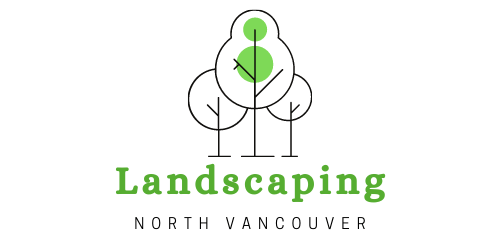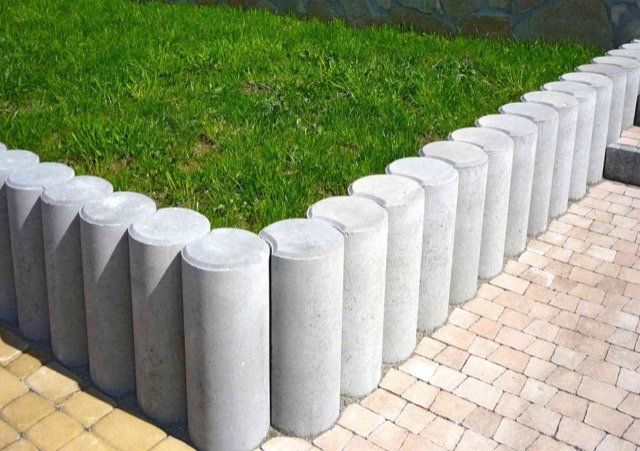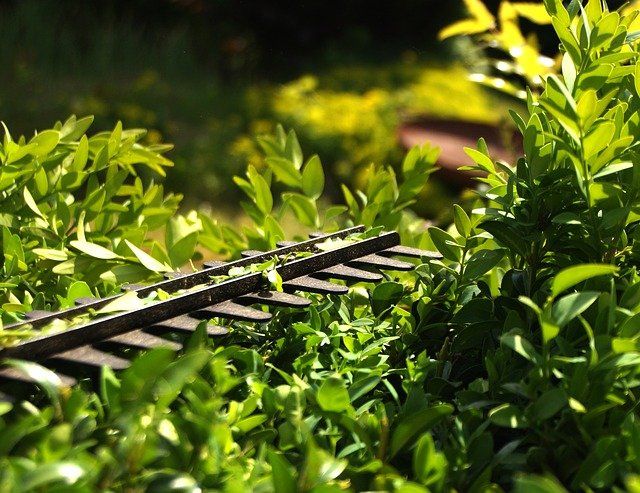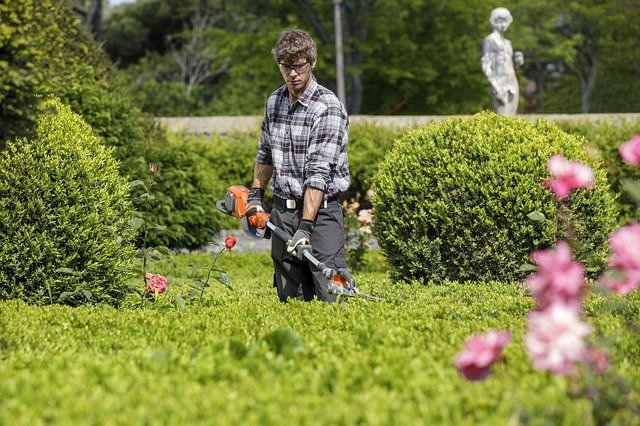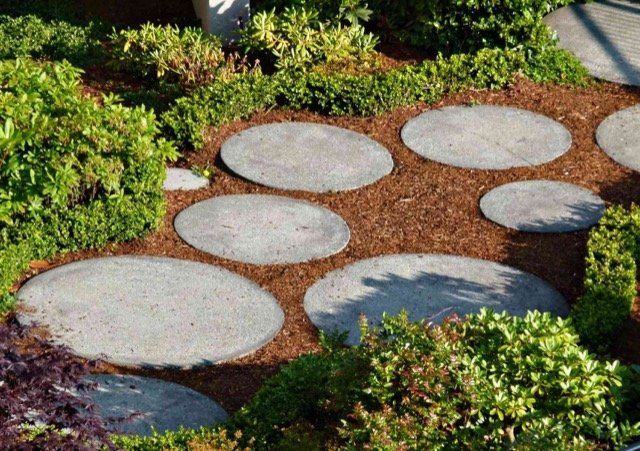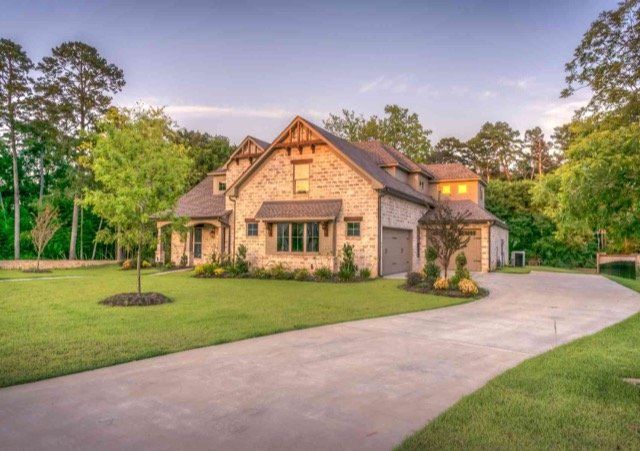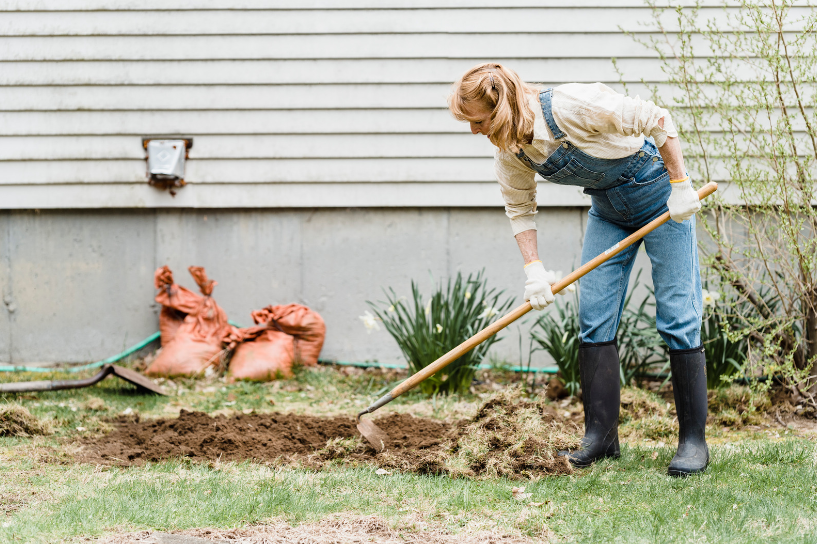
Nestled between the rugged Coast Mountains and the sparkling waters of the Pacific Ocean, North Vancouver, BC, boasts breathtaking natural beauty. However, harnessing this beauty into a cohesive and thriving landscape design comes with its own set of challenges. From steep slopes to dense forests, North Vancouver presents unique obstacles that require careful planning and innovative solutions for successful landscaping projects. Here, we explore some of the top landscaping challenges in this picturesque corner of British Columbia. Terrain : One of the most prominent challenges in North Vancouver is its varied terrain. Steep slopes and rocky outcrops are common, making some traditional landscaping techniques difficult to implement. Erosion control becomes a significant concern, requiring specialized strategies such as terracing and retaining walls to stabilize the soil and prevent landslides. Additionally, navigating these slopes safely during construction adds complexity to any landscaping project. Climate : North Vancouver experiences a temperate coastal climate characterized by mild, wet winters and dry summers. While this climate supports lush vegetation, it also poses challenges such as heavy rainfall and occasional droughts. Effective drainage systems are essential to prevent waterlogging and soil erosion, while drought-tolerant plants help conserve water during dry spells. Moreover, the maritime influence brings salt spray from the ocean, which can damage plants and soil if not managed properly. Native Vegetation : The region's rich biodiversity includes a diverse array of native plants, from towering Douglas firs to delicate ferns. Incorporating these species into landscaping designs not only enhances ecological sustainability but also ensures compatibility with the local environment. However, invasive species pose a threat to native vegetation, requiring careful monitoring and management to prevent their spread and maintain ecological balance. Wildlife Encounters : North Vancouver's proximity to wilderness areas means that encounters with wildlife are not uncommon. Deer, raccoons, and bears are frequent visitors to residential neighborhoods, posing challenges for maintaining gardens and landscapes. Fencing, motion-activated deterrents, and carefully chosen plant species can help mitigate wildlife damage while promoting coexistence with native fauna. Urbanization Pressure : As a desirable place to live, North Vancouver is experiencing rapid urbanization, leading to increased development and habitat fragmentation. Balancing the need for housing and infrastructure with preserving green spaces and natural habitats is a constant challenge for city planners and landscape designers alike. Innovative approaches such as green roofs, rain gardens, and urban forests can help mitigate the impacts of urbanization while enhancing the city's livability. Regulatory Compliance : Landscaping projects in North Vancouver must comply with various regulations and guidelines aimed at preserving the natural environment and minimizing environmental impact. Permits may be required for activities such as tree removal, excavation, and shoreline development, adding bureaucratic hurdles to the design and implementation process. Working with knowledgeable professionals who understand local regulations is essential to navigate these challenges effectively. Despite these challenges, the allure of North Vancouver's stunning landscapes continues to inspire homeowners, developers, and landscape architects to create outdoor spaces that harmonize with the region's natural beauty. By embracing innovative solutions, sustainable practices, and a deep appreciation for the local environment, landscaping in North Vancouver can transform challenges into opportunities for creating enduring and enchanting outdoor environments.
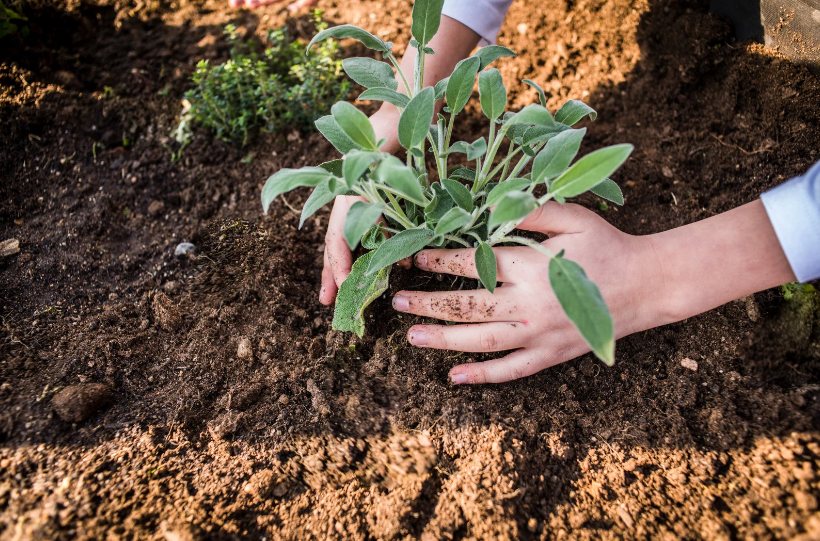
With its stunning natural beauty and temperate climate, North Vancouver provides an ideal setting for cultivating a sustainable garden. By adopting eco-friendly practices and working in harmony with the local environment, you can create a lush and thriving garden that not only enhances your outdoor space but also contributes positively to the ecosystem. Whether you're a seasoned gardener or just starting out, here's how to create a sustainable garden in North Vancouver. Choose Native Plants One of the most effective ways to promote sustainability in your garden is by selecting native plants. Native species are well adapted to the local climate, soil conditions, and wildlife, requiring less water, fertilizer, and pesticides to thrive. Consider incorporating native plants such as Pacific bleeding heart, red-flowering currant, and sword ferns into your garden design. Practice Water Conservation Water is a precious resource, especially in regions like North Vancouver where rainfall can be variable. To conserve water in your garden, opt for drought-tolerant plants that require minimal irrigation once established. Mulching around plants helps retain soil moisture and suppresses weed growth, reducing the need for frequent watering. Consider installing a rain barrel to collect rainwater for use in your garden, further reducing your reliance on municipal water sources. Implement Organic Gardening Practices Embrace organic gardening methods to minimize your garden's environmental impact and promote soil health. Avoid synthetic pesticides and herbicides, opting instead for natural alternatives such as insecticidal soap and neem oil. Practice crop rotation and companion planting to naturally control pests and diseases while improving soil fertility. Composting kitchen scraps and yard waste provides nutrient-rich organic matter for your garden, reducing the need for chemical fertilizers. Support Pollinators Pollinators such as bees, butterflies, and hummingbirds play a crucial role in maintaining healthy ecosystems and sustaining food production. Create habitat and food sources for pollinators by planting a variety of flowering plants rich in nectar and pollen. Include native wildflowers such as goldenrod, lupine, and ocean spray to attract and support local pollinator populations. Avoid using pesticides that harm beneficial insects and consider providing nesting sites for solitary bees and other native pollinators. Embrace Sustainable Garden Design Design your garden with sustainability in mind, incorporating features that reduce resource consumption and promote biodiversity. Install permeable paving materials such as gravel or permeable pavers to reduce runoff and allow rainwater to infiltrate the soil. Create wildlife-friendly habitats such as birdhouses, butterfly shelters, and ponds to attract beneficial wildlife and enhance biodiversity in your garden. Maximize energy efficiency by planting deciduous trees strategically to provide shade in summer while allowing sunlight to penetrate in winter. By following these tips, you can create a sustainable garden that not only beautifies your outdoor space but also contributes to the health and well-being of the environment. With a commitment to sustainability and a reverence for the natural world, your garden can become a sanctuary of beauty, biodiversity, and ecological harmony. Our garden and landscape designers are well versed in local plants, water saving methods, and many other ways to help your garden help both our community and the planet. We are always happy to chat with you about your sustainable gardening ideas, questions, and concerns!
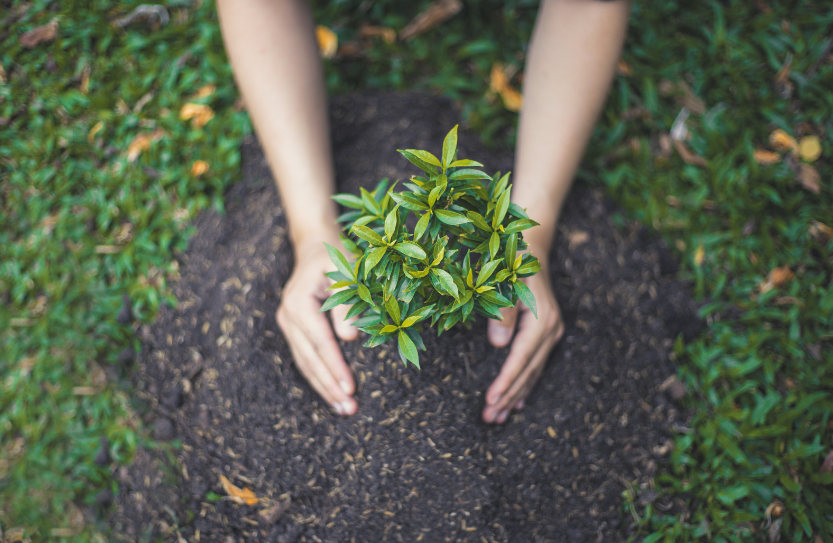
Nestled between the majestic mountains and the sparkling waters of the Pacific Ocean, North Vancouver boasts a unique microclimate that supports a diverse array of plant life. As gardening enthusiasts seek to cultivate vibrant landscapes that thrive in the region's mild, coastal climate, selecting the right plants becomes paramount. Understanding the nuances of North Vancouver's weather patterns and soil conditions can empower residents to create gardens that flourish year-round. One of the key factors to consider when choosing plants for North Vancouver is the region's temperate maritime climate. Characterized by mild winters, moderate rainfall, and relatively cool summers, this coastal environment provides an ideal habitat for a wide range of plant species. Embracing native plants adapted to these conditions not only enhances garden resilience but also fosters biodiversity and ecological balance. For gardeners seeking year-round color and texture, native evergreens such as the Western Red Cedar (Thuja plicata) and Pacific Rhododendron (Rhododendron macrophyllum) are perennial favorites. These stalwart species not only provide structure and visual interest but also offer essential habitats and food for local wildlife, including birds and beneficial insects. In addition to evergreens, flowering shrubs such as the Pacific Dogwood (Cornus nuttallii) and Salmonberry (Rubus spectabilis) add bursts of color to North Vancouver's gardens throughout the spring and summer months. With their delicate blossoms and graceful foliage, these native plants evoke the beauty of the region's natural landscapes while attracting pollinators such as bees and butterflies. For ground cover and erosion control, native ferns such as the Sword Fern (Polystichum munitum) and Deer Fern (Blechnum spicant) thrive in North Vancouver's shaded woodlands and moist forest floors. Their lush foliage and low-maintenance requirements make them ideal choices for underplanting trees and filling in shady garden spaces. In addition to native species, many ornamental plants from other temperate regions around the world thrive in North Vancouver's climate. Perennials such as the Himalayan Blue Poppy (Meconopsis betonicifolia) and Japanese Maple (Acer palmatum) add exotic flair to gardens while complementing the region's natural beauty. When selecting plants for North Vancouver, it's essential to consider soil conditions and sun exposure. Coastal soils tend to be acidic and well-draining, making them ideal for a wide range of plant species. However, certain areas may have specific soil characteristics that influence plant growth and health. Conducting a soil test and amending the soil as needed can help ensure optimal growing conditions for your chosen garden plants. In addition to soil considerations, sun exposure plays a crucial role in plant selection. While North Vancouver enjoys relatively mild summers, some areas may receive more shade or sun exposure depending on their orientation and proximity to trees or buildings. Choosing plants that are well-suited to the light conditions in a particular garden area can help promote healthy growth and blooming. As you seek to create a vibrant and sustainable landscape in North Vancouver, the importance of plant selection cannot be overstated. By choosing species that are well-adapted to the region's climate and soil conditions, you can cultivate a garden that thrives year-round while contributing to the ecological richness and beauty of the community. Whether embracing native plants or ornamental species from around the world, the key to successful gardening in North Vancouver lies in selecting plants that harmonize with the natural environment and bring joy to gardeners and wildlife alike. If the wide variety of options for you landscape seems overwhelming, don't worry! Our expert landscape and garden designers are here to help. Just call or email us for recommendations, planting help, and more!
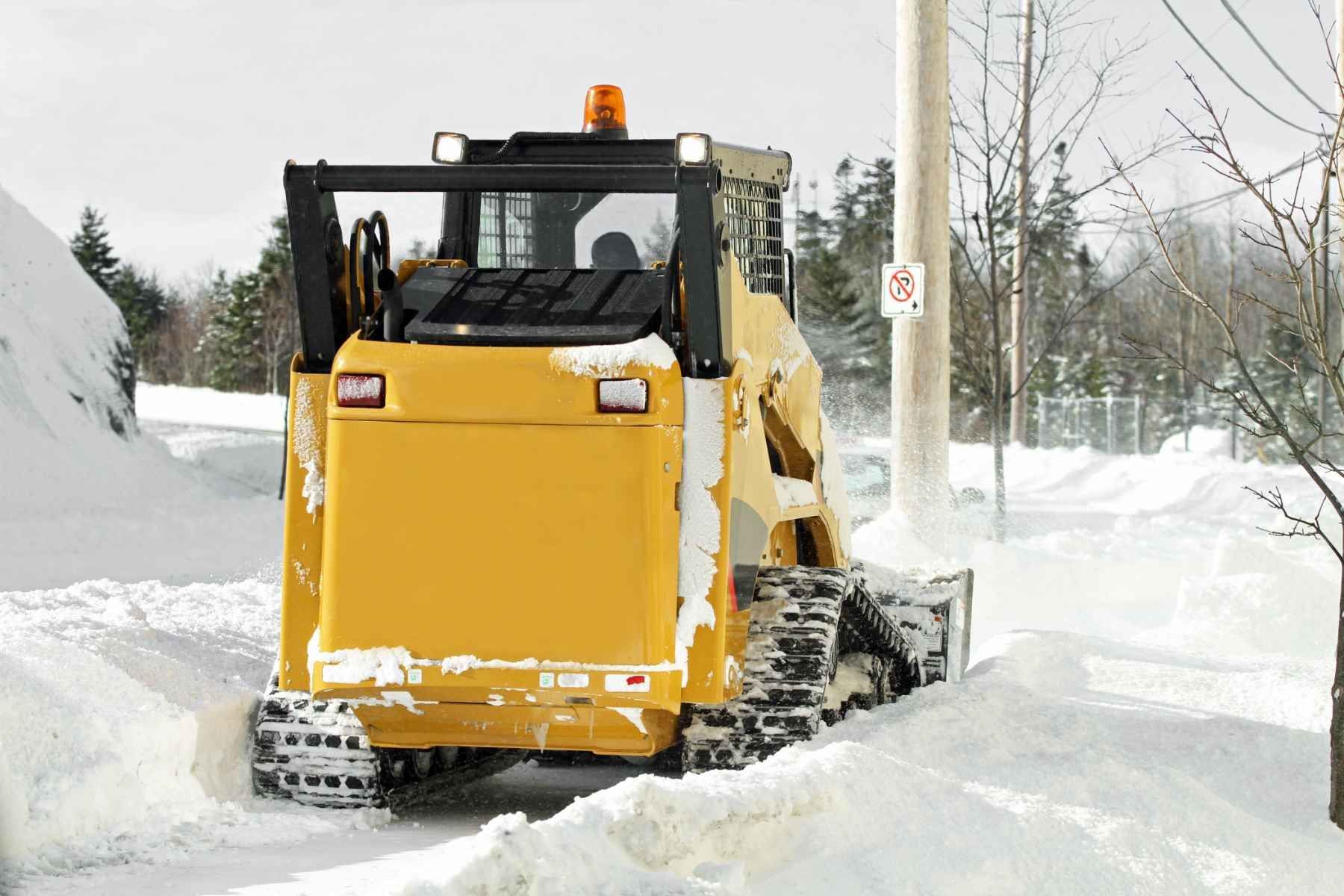
We all work hard to earn a living, and most of us don’t enjoy spending our hard-earned money on repairs and maintenance. Even if you see the logic in paying for professional lawn care during the growing season, it can be hard to justify hiring an expert to remove snow from your home or business. The snow will go away on its own eventually, right? While snow will eventually melt on its own, there are several good reasons why you might want to entrust your snow removal to a snow removal company instead of Mother Nature. And while shoveling the first snow of the season from your front porch might make you feel nostalgic, here are a few good reasons to call us when picking up a snow shovel no longer brings back fond memories. First, snow can be dangerous. It is wet and slippery on its own, and if it thaws and refreezes into ice, it becomes an accident waiting to happen. One wrong foot placement can send you crashing to the ground! If you are young and fall at your own home, you’ll likely get away with a bruise and a few days of soreness. The very young and the elderly can be seriously injured by such falls, however, and if you are a business owner, you could be liable for injuries that happen on your property. Accumulated snow can be equally dangerous to your roof and your landscape. Roofs are only built to hold so much weight, and snow is heavy. Snow dams can form with as little as six inches of accumulation; heavy storms that drop two or more feet of snow can collapse an entire roof. Similarly, snow and ice buildup on trees can bring branches or even whole sections of the tree to the ground. A large branch encased in ice can do serious damage to your home, vehicle, and anything (or anyone) else that happens to be underneath it. Removing snow from a roof or tree can also be very dangerous if you don’t have the right tools and training. We completely understand if you want to clear your own porch, but we strongly recommend that you leave above-your-head snow removal to professionals like us. Finally, if you are a business owner, professional snow removal can be the difference between customers pulling into your parking lot or continuing down the street to a competitor who bothered to clear the snow for them. A snow-free parking lot and sidewalk is one of the best advertisements you can purchase after a significant snowstorm! Much like lawn care during the summer, snow removal is a necessary chore during the winter months. Don’t risk your safety or your business’s reputation by putting off or ignoring this important task - let us handle your snow removal so that you can focus on what is important to you, whether that is running your business or enjoying a hot cup of tea by the fireplace!
